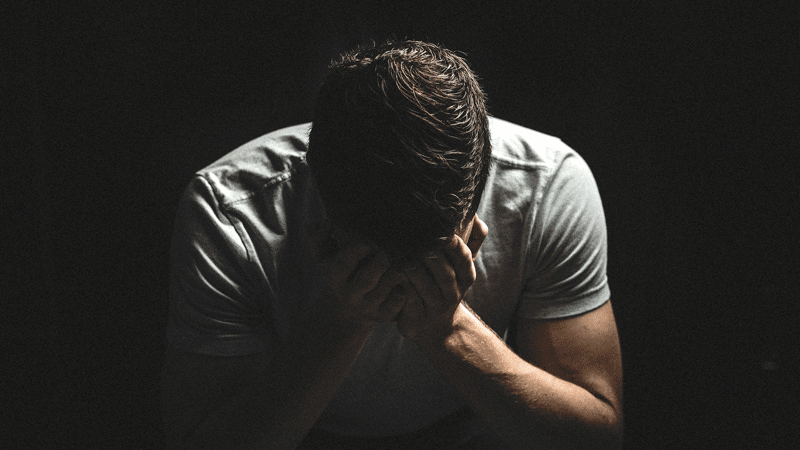Suicide is suicide: Don’t be hoodwinked by euphemisms

Saturday 10 September was World Suicide Prevention Day. Every year, individuals and organisations around the world join together to raise awareness of what can drive some people to believe that suicide is their only option. Every life lost to suicide is a tragedy, and in 2021 alone there were 5,5831 registered in England and Wales.
It would be anathema to suggest that anyone in such distress should be helped or encouraged to commit suicide. And yet in different but no less tragic circumstances, that is precisely what some campaigners and politicians try to persuade us should be allowed by law.
The following day, 11 September, marks seven years since the House of Commons last considered whether or not to legalise assisted suicide. Thankfully, that Bill tabled by former MP Rob Marris, was resoundingly defeated by 330 votes to 118.
On a historic day, MP after MP from across the political spectrum took to their feet to slam the Bill for its lack of safeguards, the message it sent to the elderly, infirm and disabled, but most of all for its core principle – that some lives are not worth living and those people should be helped to kill themselves.
Eager
It was a decisive rejection of a dangerous proposal. But the old saying ‘If at first you don’t succeed try, try again’ has certainly been taken to heart by those campaigning for euthanasia and assisted suicide in recent years. Eager to end the legal protections for some of the most vulnerable in society, they have not given up and gone away.
In the last 12 months we’ve already had two attempts in Westminster with the Meacher Bill, and Lord Forsyth’s amendment to the Health and Care Bill. Only this week in Scotland, Liam McArthur MSP lodged his final proposal for a Bill to legalise assisted suicide at Holyrood.
One thing they all have in common is their studious avoidance of the term “assisted suicide”, preferring the more palatable sounding “assisted dying”. No doubt it was for similar reasons that the Voluntary Euthanasia Society chose to rebrand to the more euphemistic ‘Dignity in Dying’.I have never considered, as a doctor, that death is a good treatment for anything.
The monstrous lie
But it is a monstrous lie to suggest that dying people are not currently given any assistance. Or that the only form of assistance that dying people want is to kill themselves. Our country already has some of the best assisted dying care in the world – through our much-envied hospice system. It is in those places that people facing death are able to do so with dignity. Perhaps that is why palliative care doctors are so implacably opposed to a change in the law.
Here are some of the points raised in that intelligent, passionate debate back in 2015:
Labour MP Lynn Brown said the mere existence of an assisted suicide law would “make the vulnerable more vulnerable”, adding: “It will change fundamentally the relationship between a patient and a doctor”.I have never considered, as a doctor, that death is a good treatment for anything.
Conservative Tim Loughton warned that an assisted suicide law risked “engendering a feeling of guilt amongst elderly people and those with serious disabilities that they are a burden on their families, on their carers, or on society. A point echoed by his colleague Andrew Bridgen view: “the right to die would very quickly become the obligation to die for vulnerable people”.
And the SNP’s Dr Philippa Whitford memorably remarked: “I have never considered, as a doctor, that death is a good treatment for anything”.
Care, not killing
What was true then, remains true today. We cannot mark World Suicide Prevention Day and ignore the fact that some people are actively working to promote suicide, not prevent it. We should all be standing with suicidal people, giving them the care and support they need, not giving them the drugs to take their own lives.
Our society does not need assisted suicide. Our vulnerable need to be cared for, not killed.
This article appeared in The Critic and is reproduced here by permission.
